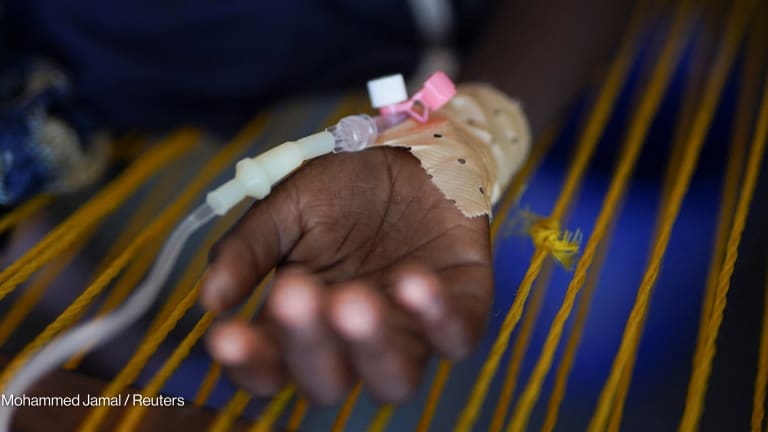In the hierarchy of global development priorities, water, sanitation, and hygiene — known collectively as WASH — rarely make headlines. Yet the sector underpins nearly every other goal: children can’t attend school without safe water, hospitals can’t function without clean water, and communities can’t withstand climate shocks without resilient sanitation systems. Despite this, WASH remains one of the most chronically underfunded areas in international aid.
The statistics around WASH are staggering. Globally, an estimated 2.1 billion people still lack access to safely managed drinking water — that’s equivalent to 1 in 4 people worldwide. In addition, 3.4 billion live without safe sanitation, according to the latest joint World Health Organization and UNICEF data. The consequences are fatal — and frequent. In April, five Sudanese children died after contracting cholera from an unsafe water source — scientists discovered that cholera was waterborne in 1854, and it was promptly addressed in higher-income countries.
“I do get quite annoyed about this because the need for water, sanitation and hygiene … was understood so long ago,” Tim Wainwright, the CEO of the nonprofit organization WaterAid, told Devex.








